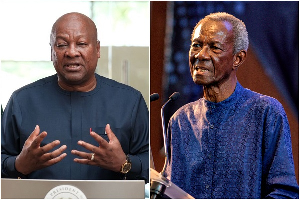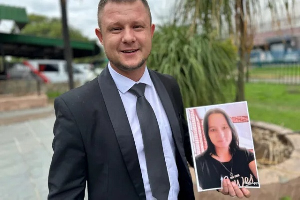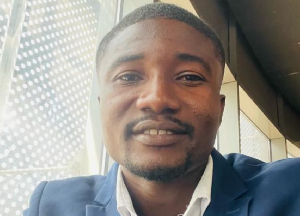The Sunyani Technical University (STU) has stepped up efforts to manufacture and assemble electric vehicles by 2030, as part of its long-term plans towards contributing to the nation’s industrialization agenda.
The university is setting up an e-vehicle technologies centre with a well-equipped laboratory that would serve in the manufacture of electric vehicles, and accessories as well as a training hub for students.
Samuel Wiafe, the dean of the faculty of engineering of the University, disclosed this during a training workshop by the faculty organised to get the engineering students abreast with, and how they could support the technology.
Under the theme “Demystifying the Technologies behind electronic vehicles”, the faculty with support from Solar Taxi Limited, a local firm, which specializes in assembling and distribution of electronic motor-bikes, tricycles and vehicles, organised the workshop.
Dr Wiafe said climate and emissions concerns had brought the adoption of electric vehicles to the forefront, saying, the biggest automotive markets around the world were going into the manufacturing of electric vehicles to curb emissions.
“France and the United Kingdom are looking to ban the sale of gas and diesel-powered vehicles from 2023. China, the largest automotive market in the world has publicly started charting a plan for an all-out ban on vehicles powered by internal combustion engines”, he added.
“This is why the STU has taken the leading role to ensure that this dream is realised as soon as possible”, Dr Wiafe said.
Arnold Amoateng Anokye, the operations manager of Solar Taxi Limited, said the manufacturing of electric vehicles was not a new phenomenon and started around the 1800s.
Dr Rajalingam Sakthivelsamy, the head of the electrical and electronics department of STU, said the university envisages to produce its first electric vehicle by 2030.
He said the university has signed a memorandum of understanding (MoU) with the Solar Taxi Limited and Ghana- EVAFRICA, in a joint initiative by Skill Shark Edutech in India to achieve this vision.
Dr Sakthivelsamy said engineering students were currently working on two projects that sought to convert conventional wheelers to electric wheelers, whiles two of the students won this year’s edition of “ECSTASY 21”, an international technical symposium organized by Francis Xavier Engineering College, Tirunelveli, India.
Business News of Monday, 5 April 2021
Source: GNA













